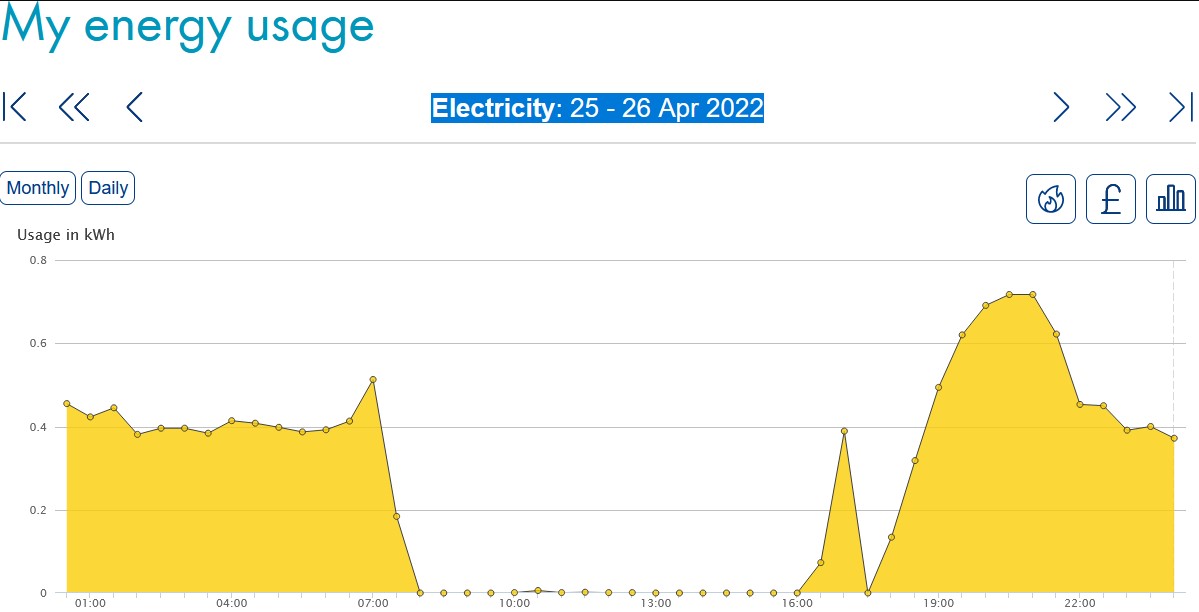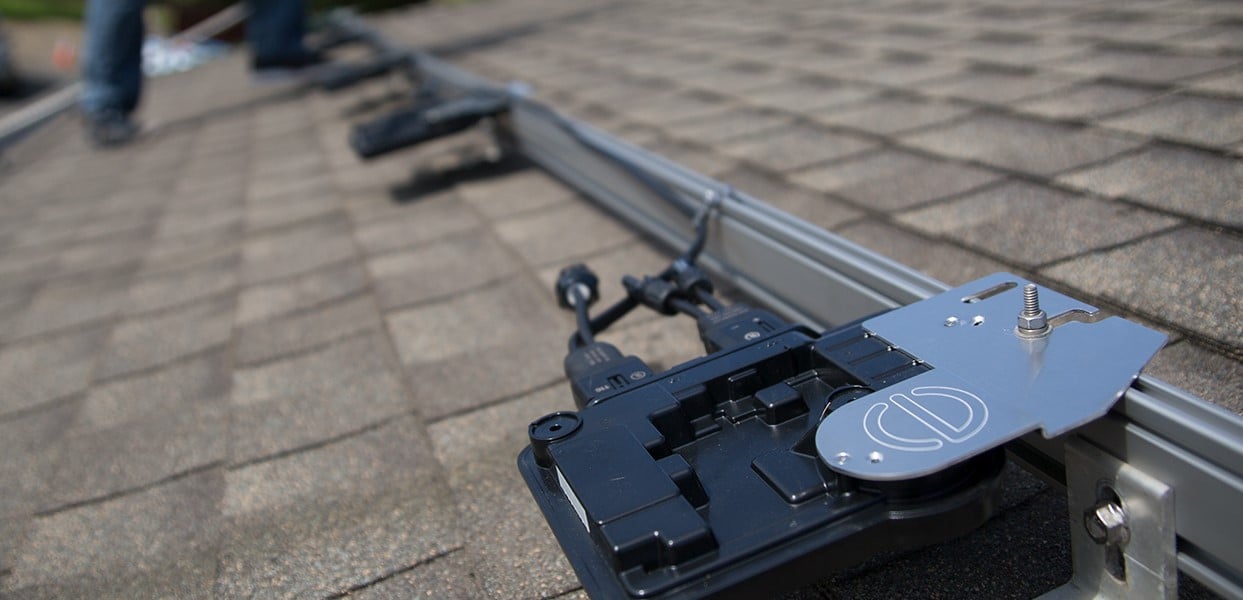@IvanDobskey No harm in getting prices now, just be very wary of what they are quoting for, and get many quotes - once you've done one or two you know what information they need and just put it all in an email and send that to various suppliers for a quote.
@HungryHippos
They did indeed come back with a price very quickly, but they failed to read the requirements - I think many are guilty of this.
PV Equipment £6000 11 x Q Cells 390w panels, 3.6kW Solis hybrid inverter, PureDrive 5kW battery
Installation £1900 (does not include scaffold costs)
Total £7900
This was quoted for our north west facing roof as they said they could get more panels on there, and therefore it would produce more than the garage roof.
Now the problem is they have specified a DC coupled battery, so the excess power from our existing system would not charge the battery! That's around 2000kWh of electric sent to the grid and not storage every year, and therefore in my view wasted.
When I queried this I got a rather odd reply.
AC coupled batteries are not super expensive in comparison to DC couple batteries, it would not need to be integrated into the existing system, it can draw its AC supply from the consumer unit, and thus after the generation meter, and thus the original FITS system has not been altered.
Secondly, I think they are mis-interpretting what "If installed as a standalone item, then batteries are also subject to the 20% rate" means, if installed at the same time as solar panels then an AC coupled battery will surely be 0% VAT.
@HungryHippos
They did indeed come back with a price very quickly, but they failed to read the requirements - I think many are guilty of this.
PV Equipment £6000 11 x Q Cells 390w panels, 3.6kW Solis hybrid inverter, PureDrive 5kW battery
Installation £1900 (does not include scaffold costs)
Total £7900
This was quoted for our north west facing roof as they said they could get more panels on there, and therefore it would produce more than the garage roof.
Now the problem is they have specified a DC coupled battery, so the excess power from our existing system would not charge the battery! That's around 2000kWh of electric sent to the grid and not storage every year, and therefore in my view wasted.
When I queried this I got a rather odd reply.
No- the battery will be isolated to the new system as it is not AC coupled. If we integrate the battery into the old system you will either have to pay 20% VAT on the battery and they are super expensive compared to the system I am quoting you. You would also lose any FIT if I was to integrate/alter the inverter on your current system.
AC coupled batteries are not super expensive in comparison to DC couple batteries, it would not need to be integrated into the existing system, it can draw its AC supply from the consumer unit, and thus after the generation meter, and thus the original FITS system has not been altered.
Secondly, I think they are mis-interpretting what "If installed as a standalone item, then batteries are also subject to the 20% rate" means, if installed at the same time as solar panels then an AC coupled battery will surely be 0% VAT.




